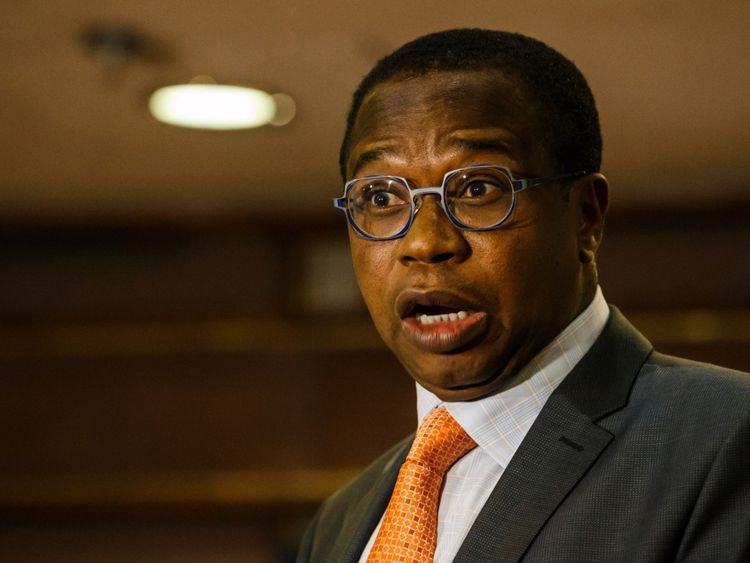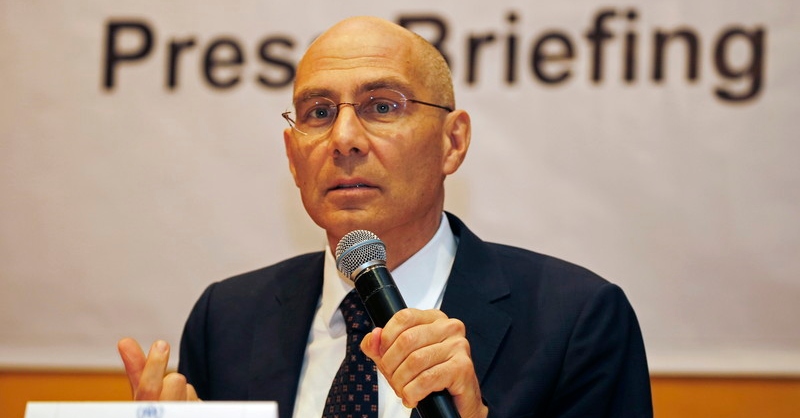HARARE – Schools have a teacher shortfall of 20,000, MPs heard this week.
The Parliamentary Portfolio Committee on Public Service, Labour and Social Welfare says government plans to build more schools should be accompanied by the unfreezing of teaching posts.
“Whilst the government is planning to increase the number of schools, the country is currently facing teacher shortages of around 20,000. The construction of more schools will further increase the demand for teachers,” said EmmaNcube (Zanu PF), presenting the committee’s report on Wednesday.
The committee recommended that the government “hires sufficient qualified teachers to fill all vacancies so that schools are manned by properly trained personnel to enhance effective education.”
The cash-squeezed government has suspended the recruitment of teachers, leaving thousands unemployed after graduating. Finance Minister Mthuli Ncube is battling to keep a lid on employment costs which take up more than 90 percent of the national budget.
The plight of unemployed teachers was top of the agenda when President Emmerson Mnangagwa met union leaders from the Progressive Teachers Union in Harare on Friday.
“We believe that the government is not being sincere, that it can’t employ teachers. It has employed nurses who were unemployed after they went on strike early this year; we don’t have to strike for that to happen,” PTUZ’s Takavafira Zhou said after the meeting with Mnangagwa.
He said the present teacher to pupil ratio was 1:100 in some places. The Zimbabwe government’s own optimum teacher-pupil ratio is one teacher per 25 pupils at infant level; one teacher for 40 pupils at primary school and 1:35 for secondary school.
The PTUZ’s own estimates of the teacher shortfall is 40,000, according to its leader Raymond Majongwe.
“We believe that this can be sorted out only if the government employs new teachers,” Zhou said. “The other issue that we raised with Mnangagwa is that after employing other teachers, if there’s an excess the government should talk to other countries so that they export their labour through a government-to-government agreement.”
The parliamentary committee, said Ncube, had advised the government to “reduce non-essential expenditures through streamlining the head office staff at the Ministry of Education and other ministries, cut on newspaper costs and decentralise teacher recruitment to district level.”
“Chefs are encouraged to read online newspapers. The savings from such activities should be ploughed to the schools which don’t have learning materials and teachers,” she told the National Assembly.















